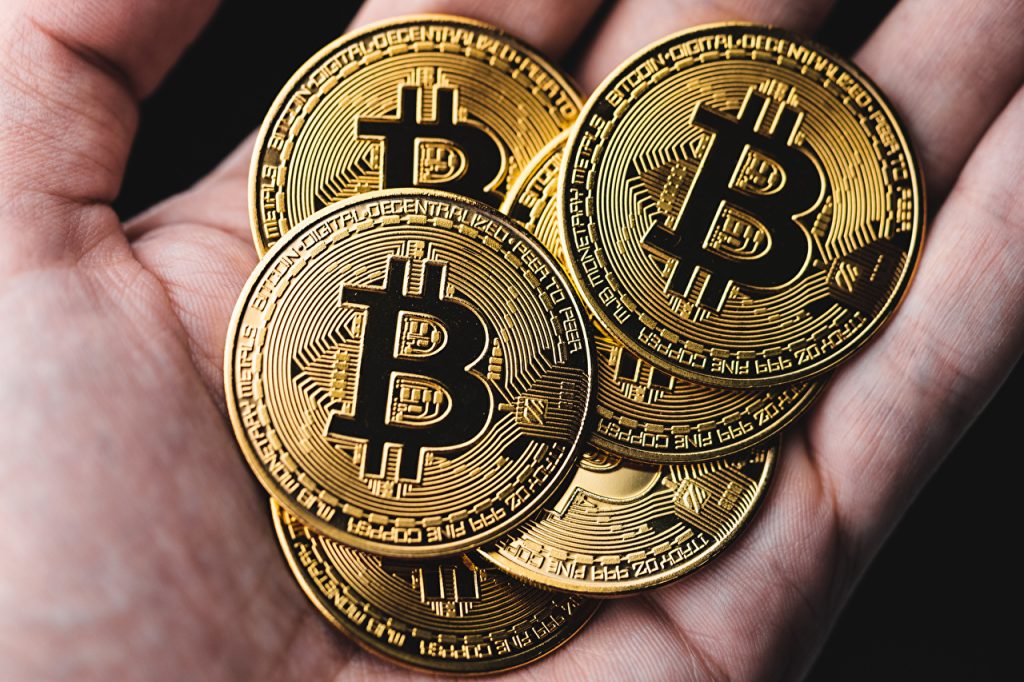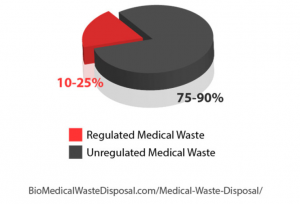Buying and selling bitcoins is easy and can be a good way to earn extra money. But there are a few things to keep in mind, such as how to buy and sell the right type of coins on Bybit https://www.bybit.com/en-US/, how to handle money when you do so, and how taxes work. By using these tips, you can make your money go further than you ever thought possible.
Market orders vs limit orders
When buying and selling bitcoin, do you opt for the market order or the limit order? This decision may not be as obvious as you might think. While both offer a slew of advantages, they are not mutually exclusive.
For instance, the stop-limit order can be a viable option for price-sensitive traders who want to ensure a certain price is reached. However, these types of orders are conditional, so there is a risk that they won’t be filled at all.
Limit orders are a more complicated type of order to execute. As such, they are designed to reduce risk. The primary benefit of a limit order is that it ensures a trade will occur at a specific price.
A limit order can be particularly useful in a market where the bid-ask spread is wide. It also gives the buyer or seller a sense of security in knowing that they will not pay a higher price for the asset.

Wallets
Cryptocurrency wallets are a secure way to store, send and receive crypto. They are used to protect your private key, which allows you to access your digital assets. Wallets can come in different forms and have many features. You can choose the one that suits your needs and requirements.
There are two basic types of wallets for buying and selling cryptocurrencies: hardware and online. Online wallets are accessible via websites. However, they are more vulnerable to hacking and have more security concerns. To avoid these risks, you may want to keep your crypto in a cold or hot wallet.
Hardware crypto wallets are physical devices that allow you to securely manage and trade your digital assets. They come in the form of USB drives, and can also be stored offline.
The best bitcoin wallets provide a secure local backup of your keys. These wallets support Segwit transactions, and are encrypted with a password.
Cryptocurrency exchanges
There are many ways to buy and sell cryptocurrencies, but the most popular method is through a crypto exchange. These platforms provide a convenient and secure means to buy and sell various digital assets.
There are two main types of exchanges: centralized and decentralized. Each type has its own advantages and disadvantages. You should consider your specific needs before selecting a platform.
For example, you should choose an exchange that has a regulated state money transmitter license. This is important because many states have enacted laws to regulate the use of cryptocurrencies. It is also a good idea to choose one that offers additional security measures such as two-factor authentication.
Depending on the exchange, you may be charged a fee for buying and selling cryptocurrencies. The fees are usually a percentage of the total transaction. Those that deal in fewer cryptocurrencies often charge less.
Some exchanges allow you to buy and sell crypto with your regular currency. Some offer credit card or ACH payments. Others accept other forms of payment, such as gift cards.

Tax implications
If you own cryptocurrencies, you need to understand the tax implications of buying and selling them. You must know how much you’re spending on a particular cryptocurrency, and you need to keep track of your gains and losses.
When you buy and sell a crypto, you may be liable for capital gains taxes. Your profit or loss is based on the amount you sold, the length of time you held the asset, and the price you paid. The tax rates vary, but can range from 0% to 20%.
However, if you hold a long-term investment, you may qualify for a lower tax rate. To qualify, you must hold the asset for at least a year.
If you’re a business owner, you may be required to report the sales of your cryptocurrencies as business income. But if you’re a simple buyer, you don’t have to pay any taxes on your crypto.
If you’re a self-employed miner, you’ll need to report your earnings on your taxes. You’ll also have to pay taxes on your BTC when you sell it.


